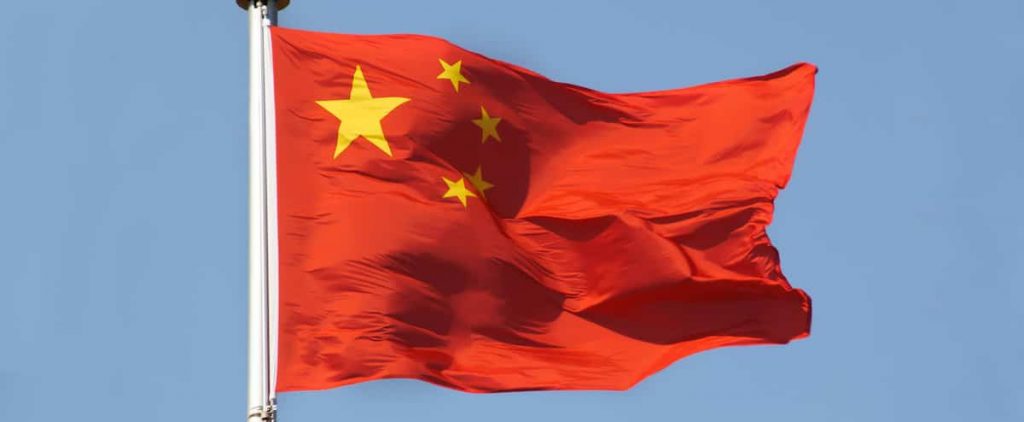They inflamed their citizens with insults against the West. Now they are the “wolf fighters” of Chinese diplomacy facing a bid by the most nationalist margin of opinion.
Buoyed by their country’s restoration of great-power status, some Chinese diplomatic officials in recent months have not hesitated to use insult or brandish conspiratorial theses to defend the communist regime.
In their eyes: the great American rival, neighbors like India or Japan, countries like Australia or Canada with which Beijing has problems, the West in general, and especially the media, is considered systematically anti-China.
This is how a Chinese Foreign Ministry spokesman confirmed last year on Twitter that the coronavirus could have been entered into China by the US military during a sports competition.
This new type of diplomat was nicknamed “Wolf Fighters”, after a Chinese action movie.
The Chinese Ambassador to France Lu Shai has demanded the mark, who told the newspaper L’Opinion To be “so proud to be called a fighting wolf because there are so many crazy hyenas attacking China.”
Trust, admiration and respect
Did the wind turn? President Xi Jinping himself called earlier this month to portray China in an image that inspires “trust, admiration and respect.”
The strongman from Beijing argued that both leaders and the media should strive to “tell China well”.
Faced with an apparent deterioration of its image abroad, including with potential allies, the communist regime realized it had to rectify the situation, experts say.
“Chinese leaders have cornered themselves: on the one hand, they promised the world a kind and loving China, and on the other hand they sold to public opinion a strong and self-confident China,” notes Florian Schneider, director of the Asia division. The center is in Leiden, The Netherlands.
Meanwhile, on social networks, ultra-nationalists are out to bid. Some in early June attacked a group of academics as “traitors” for their participation in an exchange program with Japan.
The authorities were forced to intervene by making it clear that the program in question was aimed at “strengthening trust and deepening friendship” between the two neighbors.
At the same time, a group of US senators were landing in Taiwan with vaccines destined for the island claimed by Beijing. Unusually, the communist power reacted somewhat conservatively to this official exchange with the United States, which angered trolls on Weibo, the main Chinese social network.
“Why didn’t they shoot? They violated our airspace,” protested one user. Another deplored “weak and incompetent.”
Missiles and cremation
In early May, when the Indian rival was struggling in the midst of a pandemic crisis, a website linked to the Chinese Communist Party (CCP) did not hesitate to highlight the contrast in photos between India’s cremation and the successful shooting. Rocket.
Even Hu Xijin, the highly nationalist editor-in-chief of the Global Times, found the comparison in bad taste, saying that power-linked sites should show “humanity”.
“Sometimes fighting wolves’ behavior can escalate,” notes political scientist Jonathan Hasid of Iowa State University in the US.
But “if China tries to soften its image, the nationalists will get angry. If it goes in their direction, then the international community will react badly.”
In Paris, Ambassador Le Chai chose his camp: “We evaluate our work not according to what foreigners think of us, but according to what the people of our country think,” he told Guancha magazine.
Between repression in Hong Kong and tension with Taiwan, the new course of Chinese diplomacy has so far had little impact on the ground.
The Chinese executive is pursuing conflicting goals, analyzes Adam Ni, of the Center for Chinese Policy in Canberra.
“Beijing wants a better image at the international level,” he explains. “But the imperatives of domestic politics and the need to assert their interests mean that they will continue to work in the opposite direction.”

“Total coffee aficionado. Travel buff. Music ninja. Bacon nerd. Beeraholic.”






More Stories
Fluoroscopy | “Self-coup”?
This is why you find it difficult to wake up in the morning.
She meets her boss at the airport after taking sick leave.